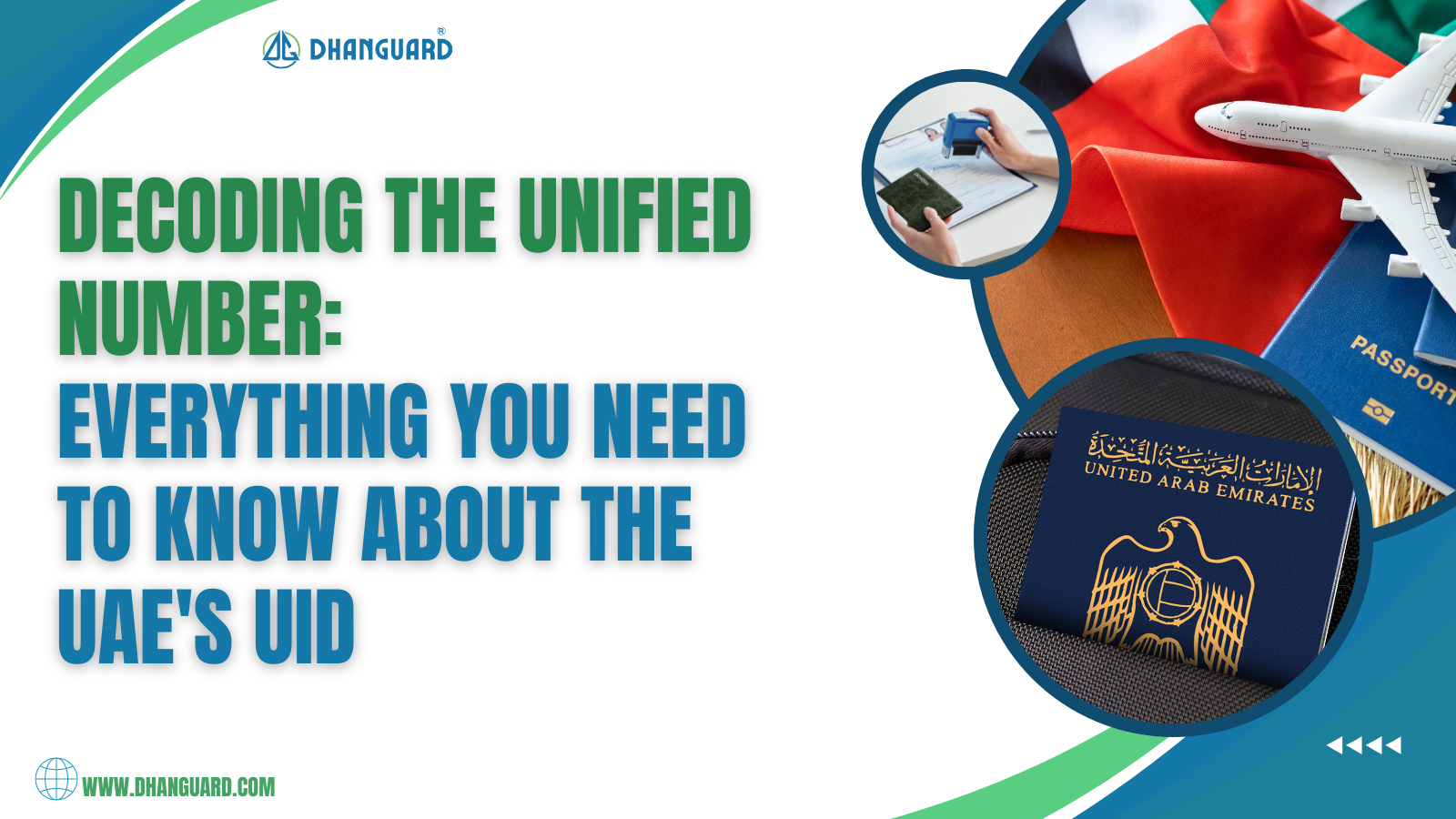Dubai, known for its dynamic economy and business-friendly policies, has emerged as a global hub for entrepreneurs and corporations alike. Whether you're looking to launch a small enterprise or expand an existing business, the city offers abundant opportunities. However, setting up a business in Dubai involves understanding the local legal framework, choosing the right business structure, and licensing requirements.
In this blog, we will explore the key factors you should consider before starting a business in Dubai, and we'll cover the different types of business setups, including company formation in Dubai, business setup in Dubai Freezone, and Dubai mainland company formation.
Understand the Business Environment in Dubai
Dubai's strategic location, excellent infrastructure, and supportive government policies make it one of the best places to start a business. The emirate's diverse economy spans sectors such as real estate, tourism, logistics, and finance, offering ample opportunities for growth.
Before you proceed with your business setup in Dubai, it's important to assess the following:
-
Market Demand: Research your industry and target market to identify potential opportunities.
-
Legal Requirements: Each business type has specific legal requirements. Some industries may have special regulations or licensing needs.
-
Cost of Setup: Be prepared for both the initial investment and the operational costs, such as rent, employee wages, and business taxes.
Choosing Between Mainland or Free Zone Business Setup
One of the most critical decisions when you set up a business in Dubai is whether to operate on the mainland or in a free zone. Each option has its benefits and requirements:
Dubai Mainland Company Formation
Mainland companies allow you to operate both within Dubai and throughout the UAE. If your business needs to trade directly with the local market or win government contracts, Dubai mainland company formation is ideal.
Key benefits include:
-
No Trading Restrictions: Mainland businesses can trade freely within the UAE and internationally.
-
Flexibility: You can establish offices anywhere in Dubai.
-
Government Contracts: Mainland businesses can apply for government tenders.
Business Setup in Dubai Freezone
Free zones offer an attractive option for foreign investors, especially those focused on international trade. A business setup in Dubai Freezone provides significant tax advantages, 100% foreign ownership, and streamlined processes. However, businesses in free zones are restricted from direct trading within the UAE market without a local distributor.
Popular free zones for company formation in Dubai include Ajman Freezone, Sharjah Media City, International Freezone Authority, etc.
Key Benefits of Dubai Freezone Business Setup:
-
Zero Corporate Tax: Free zone businesses benefit from 0% corporate tax for a specified period.
-
100% Foreign Ownership: No need for a local sponsor.
-
Repatriation of Profits: You can repatriate all capital and profits.
Understand the Licensing Process
Regardless of whether you choose a mainland or free zone setup, obtaining the appropriate license is essential to legally operate your business. Here are the primary types of licenses available in Dubai:
-
Commercial License: This license is for companies engaging in trading activities such as retail, import, and export.
-
Professional License: For individuals or companies offering services like consultancy, legal services, or healthcare.
-
Industrial License: If you plan to engage in manufacturing or industrial activities, you'll need an industrial license.
How to Setup a Business in Dubai?
To set up a business in Dubai, follow these steps to ensure a smooth process:
Choose Your Business Activity
The first step in setting up your business in Dubai is identifying the nature of your business. Certain activities may have specific regulations, so it's essential to choose the right business activity from the start.
Select the Business Jurisdiction
Determine whether you want to set up a business in the mainland or a free zone based on your needs. As mentioned, free zones offer tax benefits, while mainland setups allow greater flexibility in terms of operations within the UAE.
Choose a Company Structure
Dubai offers various legal structures for businesses. The most common types include:
-
Limited Liability Company (LLC): Ideal for most businesses in the mainland.
-
Sole Proprietorship: Suitable for individuals offering professional services.
-
Branch Office: An option for foreign companies to establish a presence in Dubai.
Get Initial Approval
You'll need to obtain initial approval from the Department of Economic Development (DED) or the relevant free zone authority. This confirms that the government has no objection to your business.
Register Your Business Name
Choosing the right business name is critical, as it needs to comply with Dubai's naming regulations. The name should reflect the nature of your business and must not include offensive or blasphemous terms.
Submit Required Documents
Prepare and submit the necessary documentation for your company formation in Dubai. Required documents generally include a business plan, Copies of shareholders' passports, No Objection Certificate (NOC) for expatriates and some more.
Obtain Your License
Once your documents are approved, you will receive your trade license, which will allow you to conduct business legally in Dubai.
Visa and Residency Requirements
As a business owner, you'll also need to consider visa requirements for yourself, your employees, and your family members. Both mainland and free zone companies offer investor visas, which grant residency in the UAE. The number of visas you can apply for depends on your business size, office space, and structure.
Office Space Requirements
For Dubai mainland company formation, physical office space is mandatory, and the size of your office can impact the number of visas you are eligible for. Free zone businesses may also require office space, though some offer the option of virtual offices for startups.
Costs Involved in Setting Up a Business
The costs involved in setting up a business in Dubai vary based on the jurisdiction, company type, and license. Some key expenses to account for include:
-
Trade License Fees: The cost of a trade license depends on the type of business activity and jurisdiction.
-
Office Rental: Rent for office space varies depending on the location and size of the premises.
-
Employee Sponsorship Fees: Visa fees for employees and dependents should be considered.
-
Other Costs: Other costs may include government fees, insurance, and marketing expenses.
Compliance and Legal Considerations
Once your business is operational, ensure you comply with all relevant laws and regulations. Dubai takes compliance seriously, and failure to follow the rules can result in penalties, fines, or even business closure.
Key legal considerations include:
-
Annual License Renewal: All businesses must renew their licenses annually to continue operating legally.
-
VAT Registration: Depending on your turnover, you may be required to register for Value Added Tax (VAT).
-
Audit Requirements: Some businesses, particularly in free zones, may be required to submit audited financial statements annually.
Conclusion
Starting a business in Dubai offers immense potential for growth, but it also requires careful planning and understanding of the local business environment. By choosing the right jurisdiction, understanding licensing requirements, and managing costs effectively, you can successfully finish the process of company formation in Dubai.
Whether you choose Dubai mainland company formation or a business setup in Dubai Freezone, following the steps outlined in this guide will ensure a smooth and successful launch of your business.
Connect with experts at Dhanguard to start your company registration journey in UAE.
DhanGuard: All-in-One Solution for Business Setup in Dubai, UAE
DhanGuard is your ultimate one-stop solution for all your business needs. Whether you’re planning to set up a new company or expand your existing business in the UAE, we’ve got you covered with our comprehensive range of services. From Business Setup in UAE and Company Formation in Dubai to managing your financial and legal compliance, we provide everything you need under one roof.
Our services include:
- Company Formation in UAE and Dubai
- Opening a Business Bank Account in UAE and Dubai with a 99% success rate
- VAT & Corporate Tax Compliance
- Accounting, Bookkeeping, and Auditing Services
- Trade License Renewal
- Golden Visa Assistance
Let DhanGuard make your journey of Business Setup in Dubai seamless and hassle-free!




